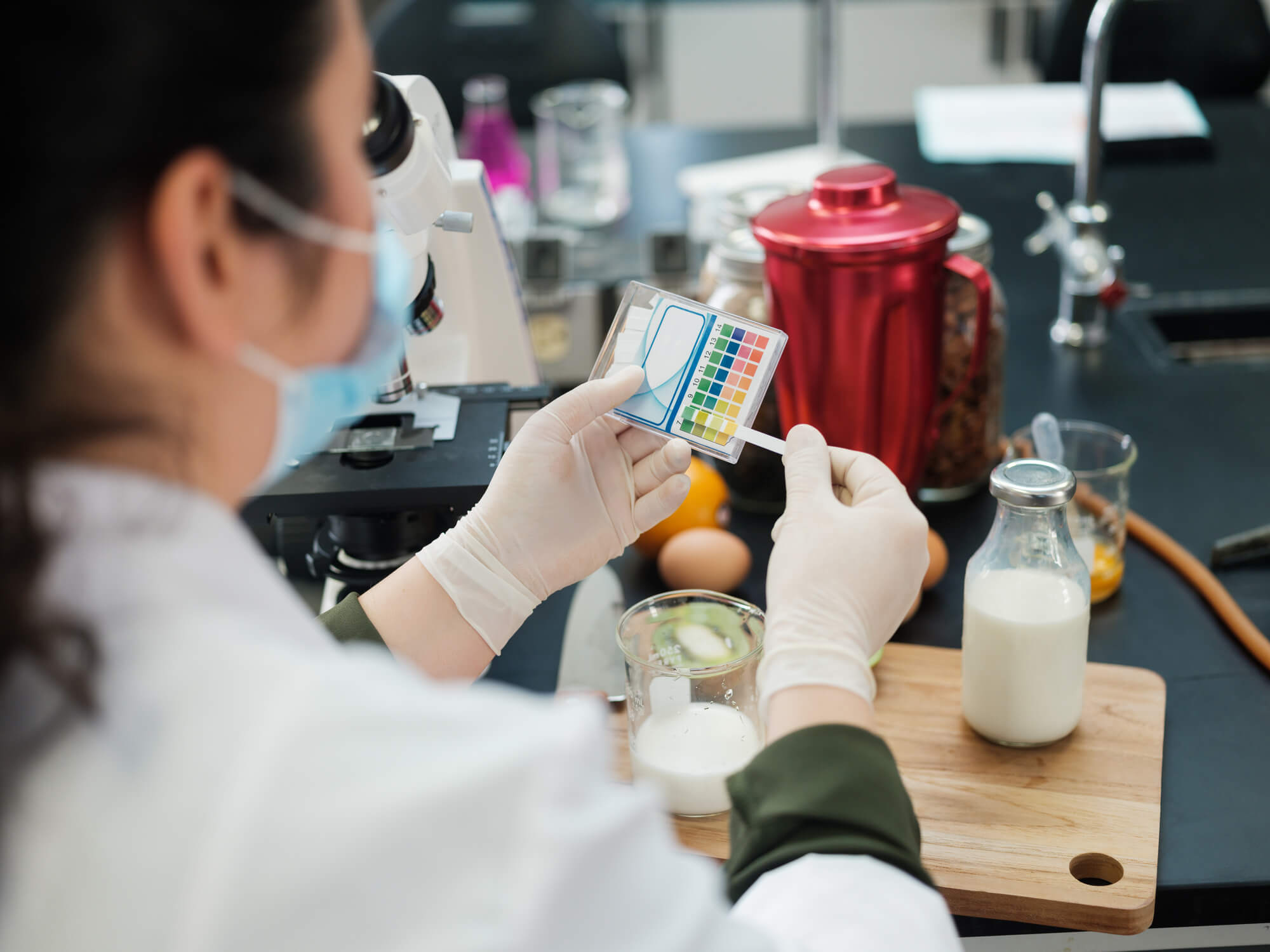Fighting infectious diseases
Overall Course Objectives
Infectious diseases are still one of the leading causes of morbidity and mortality around the world and cause a significant economical burden to society. Conventional strategies to fight infectious diseases, such as the use of antibiotics, are only partly effective and promote the spread of antibiotic resistance. Hence, novel approaches for the prevention and treatment of infectious disease are urgently needed.
In this course you will compare current and novel strategies to fight infectious diseases. You will gain insight into microbial adaptation mechanisms and how these can be identified and targeted using traditional and cutting-edge biomedical approaches. You will also gain insight into methods and tools for investigating the epidemiology of infectious diseases, and understanding the complex interactions between humans, animals and the environment. You will gain pratical experience in using whole genome sequencing (WGS) for simple tasks e.g., identification, typing and determination of resistance for pathogenic organisms, and you will learn how to analyse and interpret microbial WGS data in relation to clinical and food safety issues by using a number of web-based tools.
Finally, you will be provided with training in the critical assessment of related scientific literature, and obtain an understanding of the individual steps of the scientific research process. You will learn to devise new innovative solutions to fight infectious diseases.
=> See specific topics of the course content below.
Learning Objectives
- Explain the drivers of infectious diseases at the global and local level
- Discuss state-of-the-art methods for preventing and controlling infectious diseases and antimicrobial resistance
- Assess the benefits and risks of contemporary antimicrobial strategies on human health
- Develop and assess strategies that contribute to the prevention and control of infectious diseases
- Discuss approaches for prioritizing different intervention options
- Explain and discuss different techniques for whole genome sequencing and use data from these techniques to assemble draft genomes using web-based methods
- Apply web-based bioinformatic methods to identify bacteria, sequence type, antibiotic resistance genes and virulence factors in whole genome data
- Apply web-based methods for epidemiological investigations related to outbreaks caused by microorganisms and interpret the results in relation to identification of the route and source of infection
- Generate new research questions and studies whose findings could facilitate the development of novel and more sustainable strategies to fight infectious diseases
- Critique scientific articles and communicate the results
Course Content
History of infectious diseases and means to combat them. The most common groups of infectious disease organism (vira, bacteria, parasites), their modes of transmission (e.g., airborne, vectorborne, foodborne) and risk factors. Methods for preventing, controlling and treating infections: prophylaxis, antimicrobials, immunization (vaccination and monoclonal antibodies), drug discovery, probiotics, bacteriophages, biosensors, antimicrobial peptides, hygiene, intervention (e.g., blocking transmission pathways). Whole genome sequencing (WGS) techniques and assembly. The bacterial species concept, antibiotics – mechanisms of action, mechanisms of resistance, virulence factors, horizontal gene transfer, phylogenetic trees, epidemiology; metagenomic data.
Recommended prerequisites
23258/23256, Knowledge in microbial diversity and the basic biological processes related to molecular microbiology, microbial physiology, and host immune defenses. Basic microbiological experimental skills/knowledge, such as microbial cultivation and PCR. Basic statistical skills/knowledge, such as understanding probability and interpreting results of statistical tests as applied in e.g. experimental and epidemiological studies.
Teaching Method
Lectures, exercises, team work
Faculty
Remarks
Students taking this course may also be interested in 27250. These two courses complement each other well, and you can follow them both. 23205 focusses on current & novel technologies for the prevention and treatment of infectious diseases, and 27250 focusses on the molecular basis of infections and technologies to studying host-pathogen interactions.



